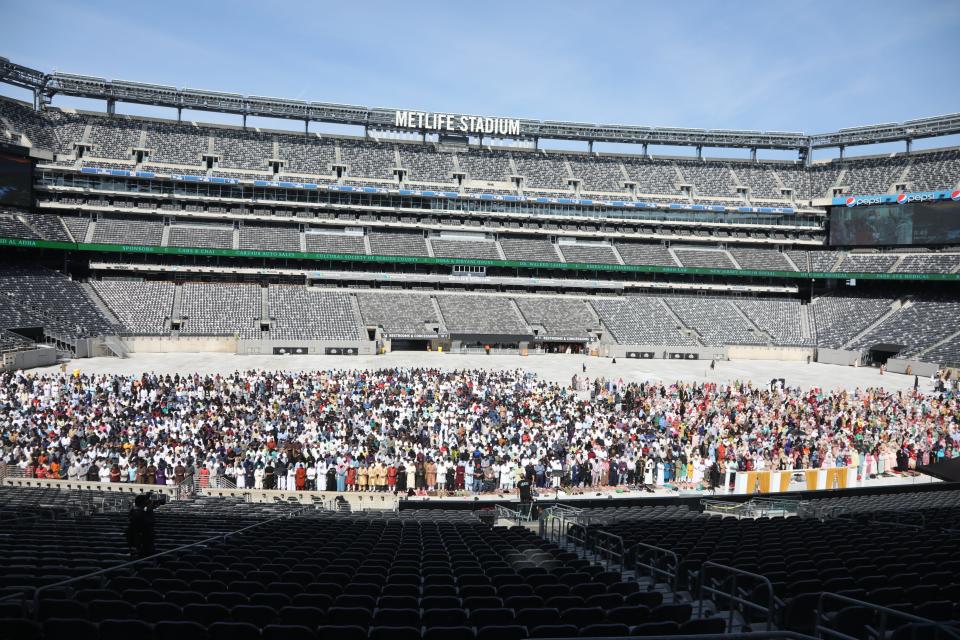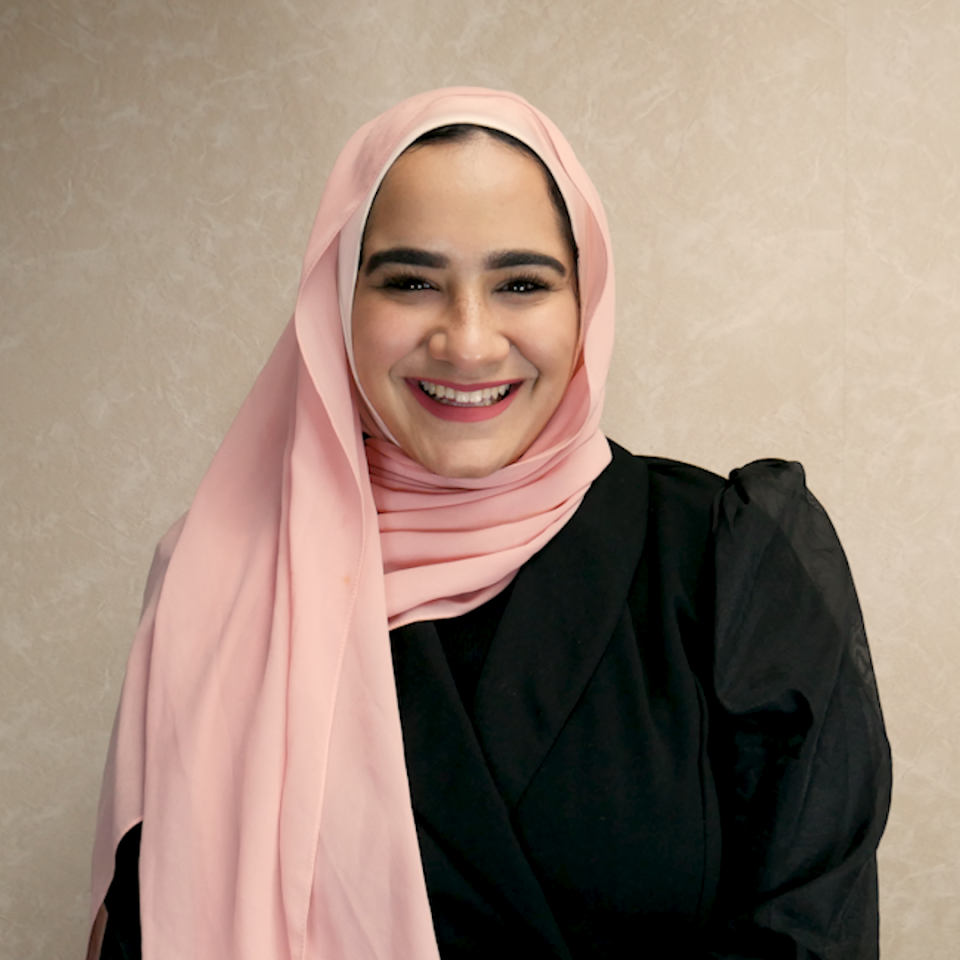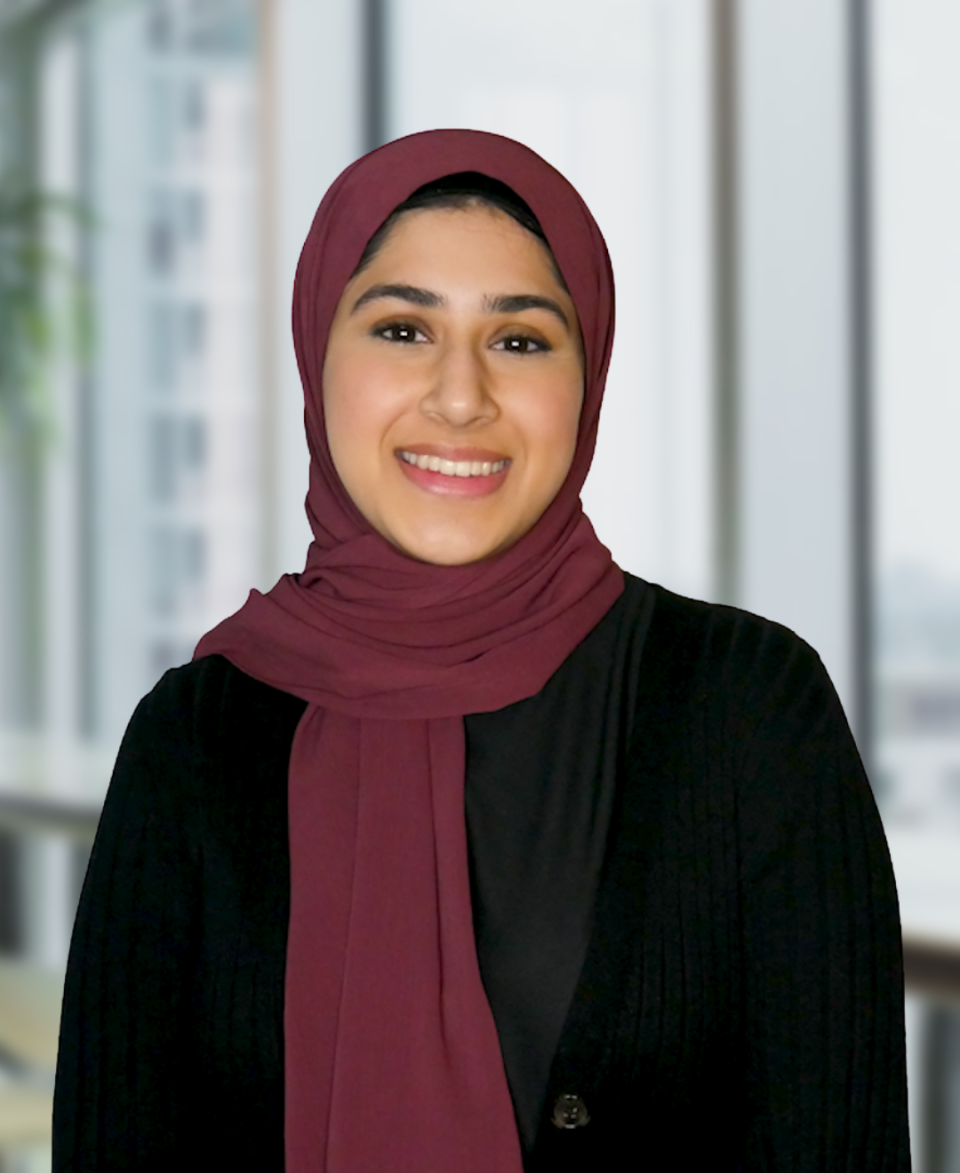More NJ public schools are closing for Eid. This is the reason | Opinion
For too long, Muslim students have had to choose between meeting the academic rigor of school and upholding their religious obligations, namely, observing Eid. But in New Jersey, where the Muslim population has doubled in the last decade, the tide is turning. More and more New Jersey public schools are closing for Eid, meeting a necessary and long overlooked accommodation for Muslim students.
In Jersey City, public schools have closed in observance of Eid for the last seven years.
“I think the most important thing is the recognition for the community,” Mussab Ali, a student at Harvard Law School and former Jersey City Board of Education President, said. “We sort of have this responsibility to open students’ eyes to different things that are happening within the schools.”
Ali noted that marking Eid on school calendars and closing schools in observance sparks conversations among students, parents, educators and staff.
“It starts to move the consciousness of the community toward understanding,” Ali said. “I remember when I used to have to take off for Eid as a student, my friends wouldn’t necessarily know what it meant. They were just like, oh, like, he’s out, there’s a holiday. And there wouldn’t really be a conversation.”

“But when it became a school-wide holiday, well, what’s happening is when these kids are going home, and parents are looking at the calendar and thinking about why the school is off, there’s a conversation, even just at a baseline level, acknowledging that the reason schools are off is because it’s a holiday,” Ali said. “That’s very important to a certain group of people. And I think what that does is it humanizes people.”
Twenty miles north of Jersey City, in Paramus, the school board unanimously approved the 2022-23 school calendar last February, which included school closure for Eid. A trio of Muslim students — Asad Gilani, Mehreen Khateeb, and Mateen Aminyar — had been spearheading the conversation on the need for religious accommodations for Muslim students.
When asked about Eid, Gilani said that not having the holiday recognized in the past had made him feel “unseen.”
“I knew there was never malicious intent to not be seen as much in educational policy,” Gilani said. “Educators and legislators didn’t know that Muslims were facing these issues.”
Along with his classmates Khateeb and Aminyar, Gilani self-published a book that details incidents of anti-Muslim bigotry that students face due, in part, to exclusionary school policies.
“The main reason these issues were not addressed was because of the fact that school officials did not know that such a large population was being affected by them,” Gilani said. “Once we showed the magnitude of these issues, they were swift and ready to adopt these changes.”
Some of the changes that the students are working toward are halal food options and breaks during physical education classes for students who are fasting for Ramadan.
Just weeks ago — in a Jan. 24 meeting — the Watchung Borough Board of Education moved to close schools for students for Eid al-Fitr in the 2023-24 academic calendar. This decision came after parents’ and students’ year-and-a-half-long advocacy efforts.
“These unanimous votes by … Watchung BOE send a signal to other neighboring districts,” says Ryan Kuran, a Watchung Hills Regional High School student involved in the advocacy efforts at the K-8 school.
But not all schools are making strides in the same direction. While the K-8 schools are closing for Eid, Watchung Hills Regional High School has yet to provide its growing Muslim population with this religious accommodations, despite students’ and parents’ persistent requests.
Kuran believes that students overwhelmingly support school closures for Eid, and that he and other students feel a sense of alienation at school when made to choose between prioritizing their religious or academic obligations.
“When staff and students participated in a School Climate Survey in 2020 at the high school, [Diversity, Equity, and Inclusion] ranked extremely high on their list of priorities,” Kuran says. “The Board of Ed has DEI as one of its … strategic objectives, but it was not involving students, staff, or the community on how to best tackle these issues.”
The Watchung Hills Regional Education Association penned a letter in July 2021 in support of students’ calls for Eid observance, noting that the high school has made “strides throughout the years” and drawing attention to the district’s five-year strategic plan dedicated toward diversity, equity and inclusion.
“As educators we stand for an educational experience and school climate that presents as few barriers as possible to students expressing their beliefs and maintaining their identity, regardless of race, gender, and religious identity,” the letter reads.
The President of the WHREA, Greg O’Reilly, separately told CAIR-NJ, a nonprofit with a mission to enhance understanding of Islam, that Warren Township’s recent decision to include Eid in the school calendar is encouraging and that all districts should work with their communities’ students and families to seek solutions that satisfy everyone’s needs.
It is important that schools reduce barriers to students and staff who wish to practice their faith while fulfilling their academic responsibilities, he said, “while also allowing for the social and emotional space for them to openly and without concern — without hassle — practice their faith and express their identity the way that they would feel is appropriate.”
CAIR-NJ has tracked approximately 30 school districts across New Jersey that close for Eid, a move that is in line with the Department of Education’s commitment to ensuring that schools are safe, welcoming and inclusive environments. An open letter was sent to local municipalities across the state calling on boards of education to observe school closures for Eid.
CAIR-NJ will continue to revise updated versions of the Eid holiday map found at cair-nj.org/eid-holiday.
Dina Sayedahmed is communications manager for the Council on American-Islamic Relations, New Jersey. Maryam Ali is a legal research and editorial writing intern for the Council on American-Islamic Relations, New Jersey.


This article originally appeared on NorthJersey.com: New Jersey public schools close for Eid

